The AMD 3rd Gen Ryzen Deep Dive Review: 3700X and 3900X Raising The Bar
by Andrei Frumusanu & Gavin Bonshor on July 7, 2019 9:00 AM ESTTest Bed and Setup
As per our processor testing policy, we take a premium category motherboard suitable for the socket, and equip the system with a suitable amount of memory running at the manufacturer's maximum supported frequency. This is also typically run at JEDEC subtimings where possible.
It is noted that some users are not keen on this policy, stating that sometimes the maximum supported frequency is quite low, or faster memory is available at a similar price, or that the JEDEC speeds can be prohibitive for performance. While these comments make sense, ultimately very few users apply memory profiles (either XMP or other) as they require interaction with the BIOS, and most users will fall back on JEDEC supported speeds - this includes home users as well as industry who might want to shave off a cent or two from the cost or stay within the margins set by the manufacturer. Where possible, we will extend out testing to include faster memory modules either at the same time as the review or a later date.
| Test Setup | |||||
| AMD 3000*1 | R9 3900X R7 3700X |
MSI MEG X570 Ace |
7C35v12 7C35v11*2 |
Wraith Prism | G.Skill TridentZ 4x8 GB DDR4-3200 CL16 16-16-16-36 |
| AMD 2000 | R7 2700X R5 2600X R5 2500X |
ASRock X370 Gaming K4 |
P4.80 | Wraith Max* | G.Skill SniperX 2x8 GB DDR4-2933 |
| AMD 1000 | R7 1800X | ASRock X370 Gaming K4 |
P4.80 | Wraith Max* | G.Skill SniperX 2x8 GB DDR4-2666 |
| AMD TR4 | TR 1920X | ASUS ROG X399 Zenith |
0078 | Enermax Liqtech TR4 |
G.Skill FlareX 4x8GB DDR4-2666 |
| Intel 9th Gen | i9-9900K i7-9700K i5-9600K |
ASRock Z370 Gaming i7** |
P1.70 | TRUE Copper |
Crucial Ballistix 4x8GB DDR4-2666 |
| Intel 8th Gen | i7-8086K i7-8700K i5-8600K |
ASRock Z370 Gaming i7 |
P1.70 | TRUE Copper |
Crucial Ballistix 4x8GB DDR4-2666 |
| Intel 7th Gen | i7-7700K i5-7600K |
GIGABYTE X170 ECC Extreme |
F21e | Silverstone AR10-115XS |
G.Skill RipjawsV 2x16GB DDR4-2400 |
| Intel 6th Gen | i7-6700K i5-6600K |
GIGABYTE X170 ECC Extreme |
F21e | Silverstone AR10-115XS |
G.Skill RipjawsV 2x16GB DDR4-2133 |
| Intel HEDT | i9-7900X i7-7820X i7-7800X |
ASRock X299 OC Formula |
P1.40 | TRUE Copper |
Crucial Ballistix 4x8GB DDR4-2666 |
| GPU | Sapphire RX 460 2GB (CPU Tests) MSI GTX 1080 Gaming 8G (Gaming Tests) |
||||
| PSU | Corsair AX860i Corsair AX1200i |
||||
| SSD | Crucial MX200 1TB **Crucial MX300 1TB |
||||
| OS | Windows 10 x64 RS3 1709 Spectre and Meltdown Patched **Windows 10 x64 1903 Spectre and Meltdown Patched |
||||
| *1 Ryzen 3000 series has been tested in a different environment. *2 Initial Review BIOS - Graphs results are marked with ** |
|||||
We must thank the following companies for kindly providing hardware for our multiple test beds. Some of this hardware is not in this test bed specifically, but is used in other testing.
Security Mitigrations
The systems have applied the latest Spectre and Meltdown mitigation patches where applicable. Meanwhile we should note that while the ZombieLoad exploit was announced earlier this year as well, the patches for that have not been released yet. We'll be looking at those later on once they hit.
Article Testing Methodology Update (July 8th):
We ran our original review numbers with the latest available firmware for the MSI MEG X570 ACE motherboard last week (Version 7C35v11). On Saturday the 6th MSI had shared with us a notice about a new version coming out, which became available to download to us on Sunday the 7th, the launch day and date of publication of the review.
We’ve had more time to investigate the new firmware, and have discovered extremely large changes in the behaviour of the frequency boosting algorithm. The new firmware (Version 7C35v12) for the motherboard contains AMD’s new ComboPI1.0.0.3.a (AGESA) firmware.
We discovered the following direct measurable effects between the two firmware versions:
(Note: This is a custom test that uses a fine-grained looping timed fixed instruction chain to derive frequency; it showcases single-core frequency)
We notice a significant change in the CPU’s boosting behaviour, now boosting to higher frequencies, and particularly at a faster rate from idle, more correctly matching AMD’s described intended boost behaviour and latency.
We’re currently in the process of re-running all our suite numbers and updating the article where necessary to reflect the new frequency behaviour.
Article Testing Methodology Update (July 9th):
We've updated the article benchmark numbers on the Ryzen 9 3900X. We've seen 3-9% improvements in exclusive ST workloads. MT workloads have remained unchanged, Gaming had both benefits and negatives. We continue to work on getting updated 3700X numbers and filling out the missing pieces.
Original BIOS results are as of first publication are marked with ** in the graphs.
Article Testing Methodology Update (July 10th):
We've also updated our Ryzen 7 3700X results now. Ultimately our conclusions haven't changed, but AMD does narrow the gap a bit more. For a full summary of our findings, please check out this article.


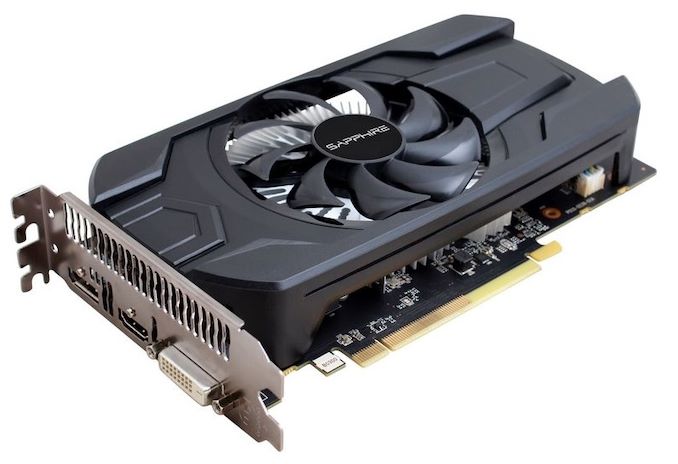
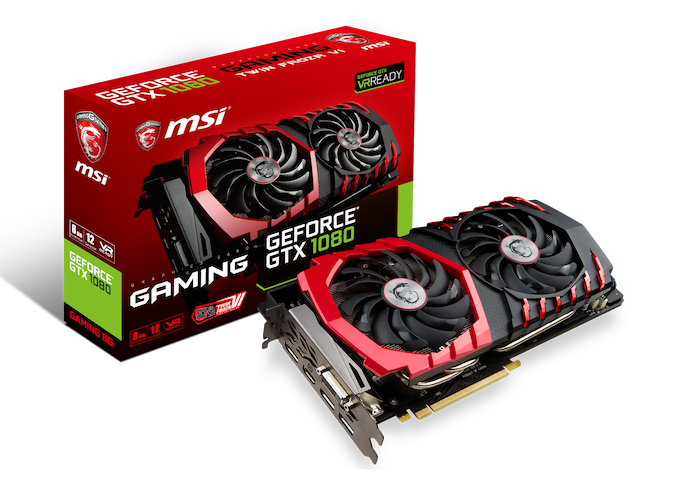
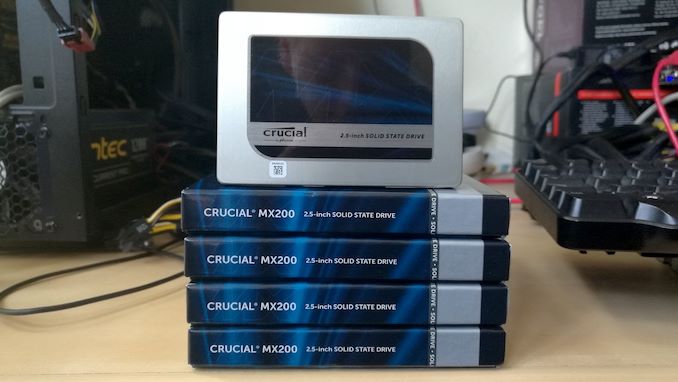
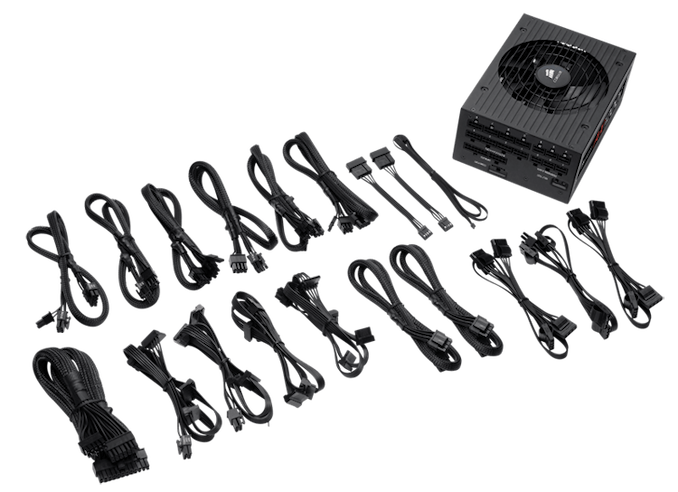
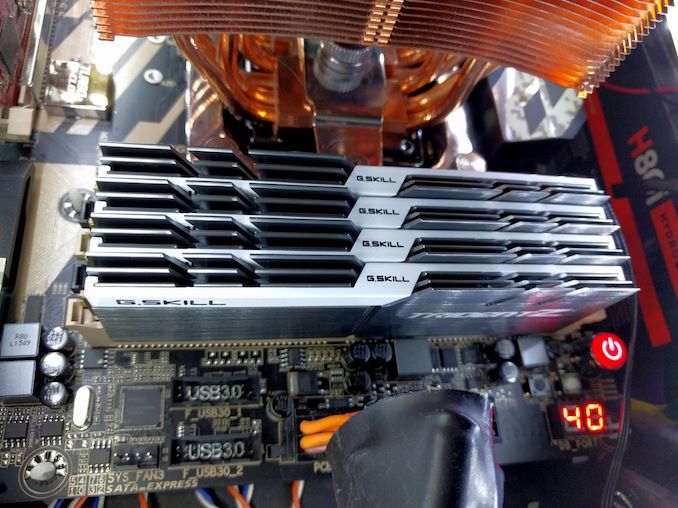
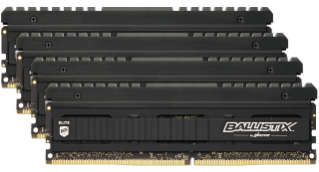
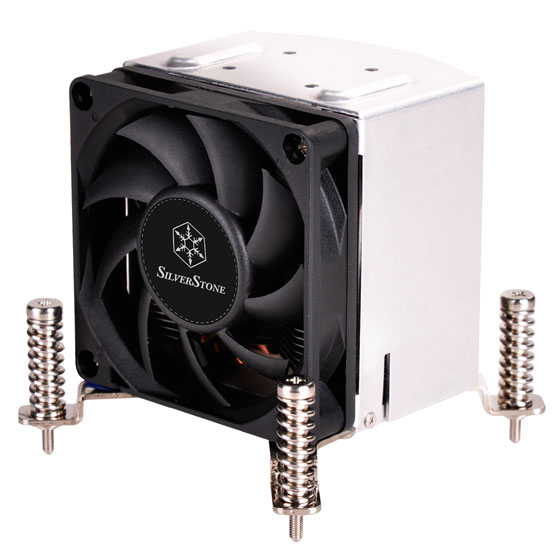
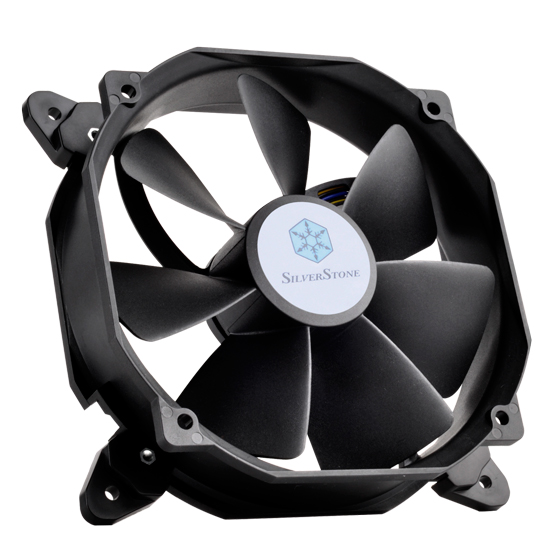









447 Comments
View All Comments
Death666Angel - Tuesday, July 9, 2019 - link
Well, the thing is that motherboard manufacturers, motherboard revisions, motherboard layout and BIOS versions do play a role as well, though. The memory controller is just one piece of the puzzle. If you have a CPU with a great memory controller, it doesn't mean it performs the same on all boards. And it doesn't mean it performs the same with all RAM either. Sometimes the actual traces on motherboards are crap for certain clockspeeds. Sometimes the BIOS numbers for secondary and tertiary timings are crap at certain clockspeeds and get better in later revisions, seemingly allowing for better memory clockspeeds when it really was just a question of auto vs manual if you knew what you were doing. Sometimes the SoC voltage is worse on that board vs the other and that influences things. The thing is, across the board, X570 motherboards have higher advertised OC clockspeeds for the memory and Ryzen 3000 has higher guaranteed clockspeeds. And Anandtech believes that is the thing that counts, not if you can get x clockspeed stable. At least in the vanilla CPU articles. They do separate RAM articles often.BLu3HaZe - Tuesday, July 9, 2019 - link
"Some motherboard vendors are advertising speeds of up to DDR4-4400 which until Zen 2, was unheard of. Zen 2 also marks a jump up to DDR4-3200 up from DDR4-2933 on Zen+, and DDR4-2667 on Zen."How about now? :)
And I believe the authors mean to say that official support for is up to 3200 on X570 boards, while older boards were rated lower "officially" corresponding to the generation they launched with. Speeds above that would be listed with (OC) clearly marked in memory support.
Anything above the 'rated' speeds, you're technically overclocking the Infinity Fabric until you run in 2:1 mode which is only on Zen 2 anyhow, so your mileage will definitely vary.
Even the 9900K 'officially' supports only DDR4-2666 but we all know how high it can go without any issues combined with XMP OC.
Ratman6161 - Wednesday, July 10, 2019 - link
In Zen and Zen +, the infinity fabric speed was tied to the memory speed. So overclock the RAM and you were also overclocking the infinity fabric. In Zen 2 infinity fabric is independent of the RAM speed.Targon - Monday, July 8, 2019 - link
I am curious about the DDR4-3200 CL16 memory in the Ryzen test. CL16 RAM is considered the "cheap crap" when it comes to DDR4-3200, and my own Hynix M-die garbage memory is exactly that, G.skill Ripjaws V 3200CL16. On first generation Ryzen, getting it to 3200 speeds just hasn't happened, and I know that for gaming, CL16 vs. CL14 is enough to cause the slight loss to Intel(meaning Intel wouldn't have the lead in the gaming tests).Ninjawithagun - Monday, July 8, 2019 - link
Regardless of whether or not a 'crap' DRAM kit having CL16 vs. a much more expensive kit with lower CL rating, it isn't going to make any significant difference in performance. This has been proven again and again.Ratman6161 - Wednesday, July 10, 2019 - link
"CL16 RAM is considered the "cheap crap" when it comes to DDR4-3200"Since when? Yes its cheap(er) but I'd disagree with the "crap" part. I needed 32 Gb of RAM so that's either 2x16 with 16 GB modules usually being double sided (a crap shoot) or 4x8 with 4 modules being a crap shoot. Looking at current pricing (not the much higher prices from back when I bought) New egg has the G-skill ripjaws 2x16 CAS 16 kit for $135 while the Trident Z 2x16 CAS 15 for $210 or the CAS 14 Trident Z for $250. So I'd be paying $75 to $115 more...for something that isn't likely to do any better in my real world configuration. Even if I could hit its advertised CAS 15 or 14, how much is that worth. So I'd say the RipJaws is not "cheap crap". Its a "value" :)
Domaldel - Wednesday, July 10, 2019 - link
It's considered "cheap crap" because you can't guarantee that it's Samsung B-die at those speeds while you can with DDR4 3200 MHz CL14 as nothing else is able to reach those speeds and latencies then a good B-die.What that means is that you can actually have a shot at manually overclocking it further while keeping compatibility with Ryzen (if you tweak the timings and sub-timings) while you couldn't really with other memory kids on the first two generations of Ryzen.
I don't have a Ryzen 3xxx series of chip so I can't really comment on those...
WaltC - Monday, July 15, 2019 - link
Since about the 2nd AGESA implementation, on my original x370 Ryzen 1 mboard, my "cheap crap"...;)...Patriot Viper Elite 16CL 2x8GB has had no problem with 3200Mhz at stock timings. used the same on a x47- mboard, and now it's running at 3200MHz on my x570 Aorus Master board--no problems.jgraham11 - Tuesday, July 16, 2019 - link
DDR4 3200 is apparently not an overclock. Says so on AMD's specs page for the 3700Xhttps://www.amd.com/en/products/cpu/amd-ryzen-7-37...
RoboJ1M - Sunday, July 7, 2019 - link
Wait, the memory controllers on the IO for Zen 2, right?I'm sure it's on the IO Die.